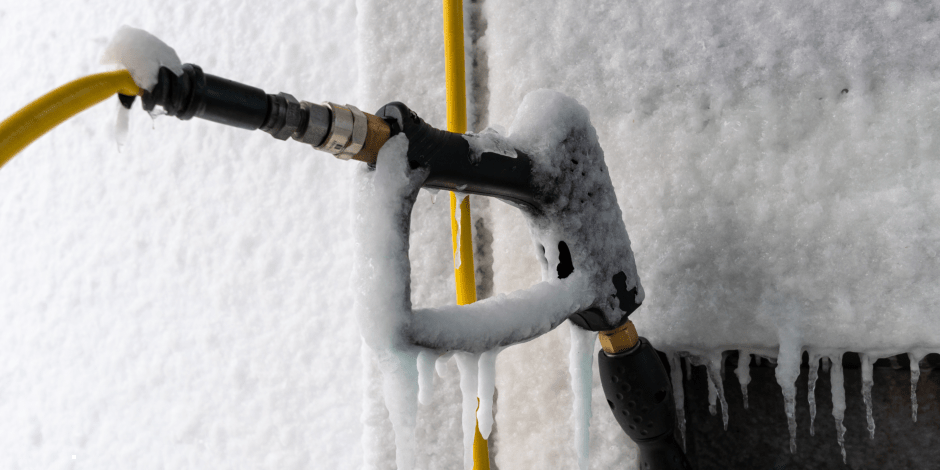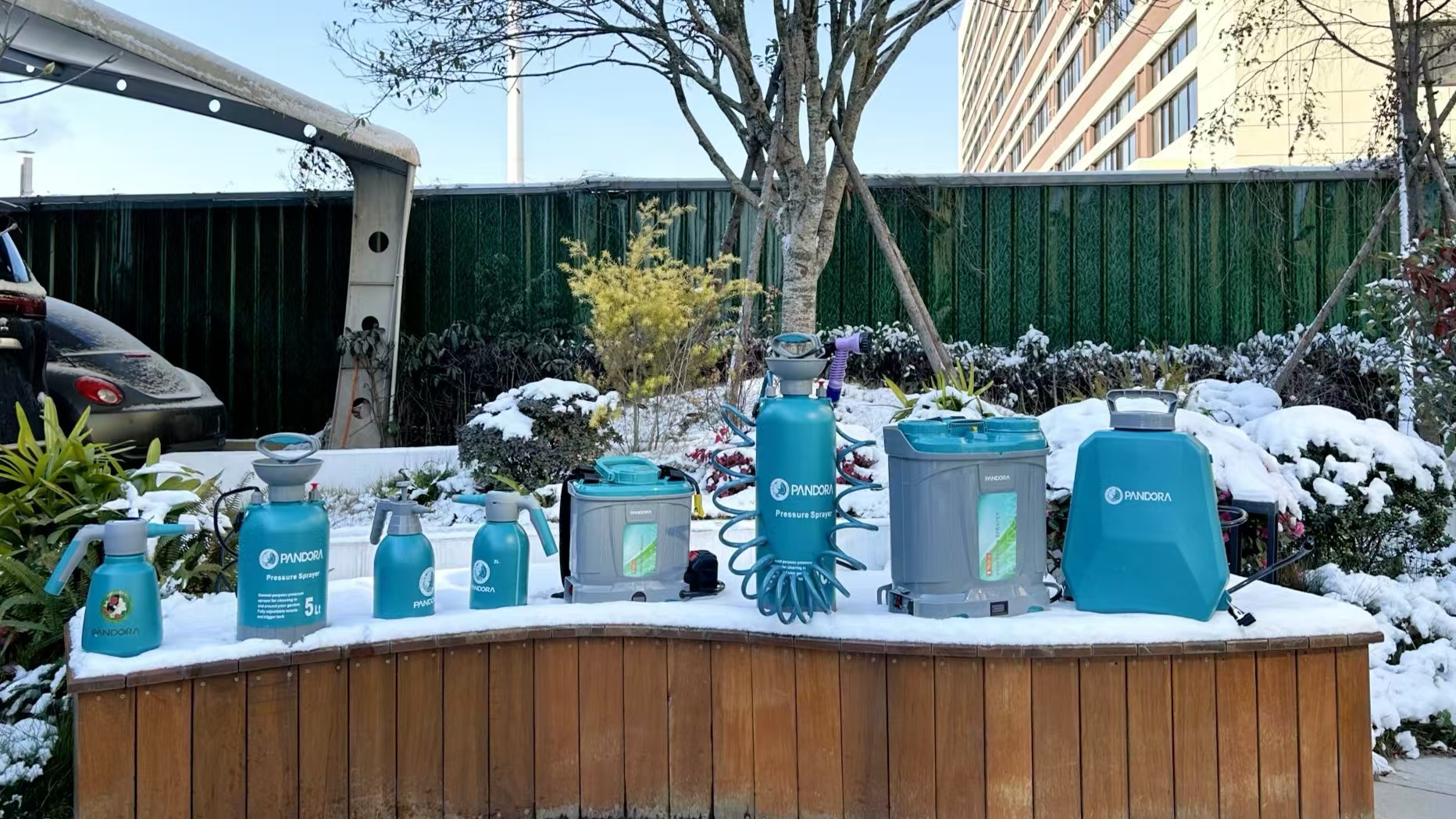
Winter presents unique challenges for agricultural sprayers, as cold temperatures can affect their functionality and longevity. Proper care, maintenance, and usage are essential to ensure optimal performance in freezing conditions. This article provides practical advice on how to use and maintain agricultural sprayers, with a focus on adapting to winter conditions, and features tips for protecting your equipment and maximizing its lifespan.

In colder temperatures, agricultural sprayers, like those in our PANDORA line, are often exposed to risks such as freezing liquids, pressure loss, and general wear from the harsher weather. Most sprayers are designed to operate effectively between 32°F (0°C) and 104°F (40°C), but as temperatures drop, sprayers can encounter several operational problems. Freezing liquid in the tank or pump is one of the most common issues, which is why it's crucial to use antifreeze solutions. These solutions prevent the liquid from freezing inside the sprayer's components, ensuring smooth operation even in sub-zero conditions.

Source: Pumptec

Maintaining your sprayer during the winter months is just as important as using it properly. After each use, thorough cleaning is essential to prevent leftover liquid from freezing in the system. Using warm water and a mild detergent will help remove any chemical residues, but you should also make sure to drain the sprayer completely and dry all components. Moisture left inside the sprayer can freeze and cause damage to the pump, hoses, and nozzles. For those with limited storage space, storing the sprayer in a temperature-controlled environment is highly recommended. If that’s not possible, consider insulating your sprayer or keeping it in a sheltered area where the temperature does not fall below freezing.

Aside from proper cleaning and storage, it’s also essential to regularly inspect your sprayer for wear and tear. Cold weather can make rubber seals and hoses brittle, leading to potential leaks or breaks. We recommend checking for any signs of damage, especially after prolonged use in low temperatures. Moreover, lubricating moving parts with a winter-grade lubricant can prevent freezing and ensure that the sprayer operates smoothly. The PANDORA sprayer, with its high-quality construction, is designed for durability, but regular maintenance checks are still necessary to maintain its performance over the long term.

Finally, safety should always be a priority. Winter conditions often lead to icy, slippery surfaces, so ensure that your sprayer has non-slip features, such as padded handles or anti-slip bases, to prevent accidents. When handling chemicals, it’s important to use the proper personal protective equipment (PPE), especially as cold temperatures can cause chemicals to become more concentrated or behave unpredictably. Always follow the recommended safety precautions for handling and applying chemicals during winter.

Using agricultural sprayers in winter requires careful preparation and attention to detail. By choosing the right antifreeze solutions, cleaning and storing your equipment properly, and opting for sprayers like PANDORA that are designed for durability in cold conditions, you can ensure your sprayer remains functional and effective throughout the colder months. Regular inspections, proper maintenance, and safe chemical handling will further extend the life of your sprayer, allowing you to maximize its performance year-round.

References
National Agricultural Sprayer Manufacturers Association (NASMA). (2024). Winterization of Agricultural Sprayers: Best Practices for Cold Weather Operations. Retrieved from NASMA.org
University of California Agriculture and Natural Resources. (2024). Proper Sprayer Maintenance and Winterizing for Agricultural Equipment. University of California Division of Agriculture and Natural Resources. Retrieved from ucanr.edu
U.S. Department of Agriculture (USDA). (2024). Farm Equipment Maintenance: The Essentials for Winter Care. U.S. Department of Agriculture. Retrieved from usda.gov